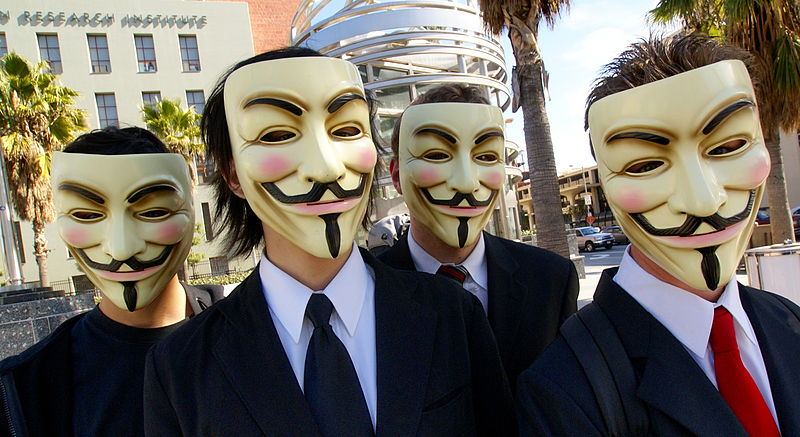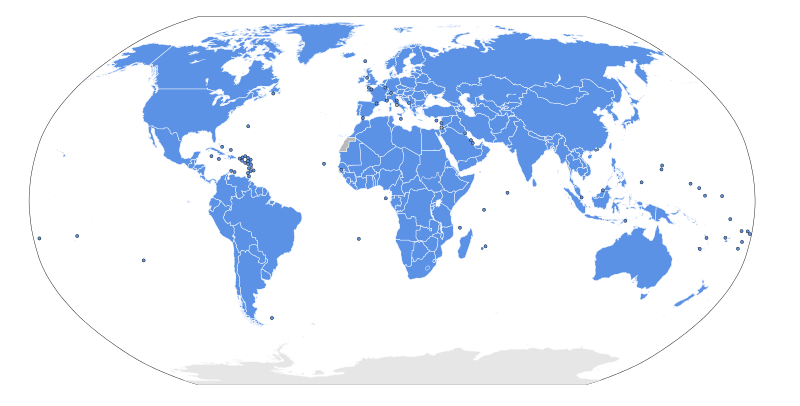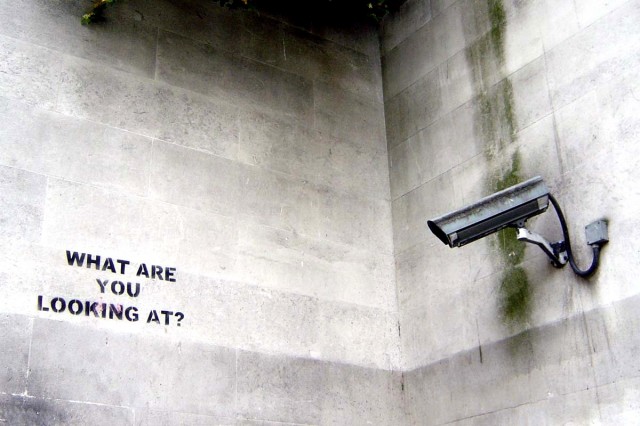POLITICS, POWER, AND ANONYMOUS

(Image: Wikipedia)

(Image: Wikipedia)
Another roundup of studies from Journalists Resource, this time centred around the role of the internet in the Arab Spring. Paper titles include “Social Media and the Decision to Participate in Political Protest: Observations From Tahrir Square”; “Blogs and Bullets II: New Media and Conflict After the Arab Spring"; and “Social Media as a Government Propaganda Tool in Post-revolutionary Egypt”.
Journalists Resource has compiled a list of 2013's key research papers relating to digital privacy. "The State of Internet Privacy in 2013" includes an overall report, followed by a list of titles and summaries of recent academic research studies and reports.

(UN Member states. Image from Wikipedia)
The Hindu reports that India's internet users are being subjected to wide-ranging surveillance and monitoring, much of which is in violation of the government’s own rules and notifications for ensuring “privacy of communications”.
Mary Lawlor, Front Line Defenders founder, explains how digital surveillance can mark the difference between life and death.

(image by nolifebeforecoffee)
A new letter from NSA oversight to a senator details 12 instances of obvious abuse, reports Ars Technica; including one employee who used his first day of work to spy on his ex-girlfriend.
More NSA secrets were made public in September, revealing what some media outlets dubbed the NSA's "war on encryption".
From the New York Times:
"The National Security Agency is winning its long-running secret war on encryption, using supercomputers, technical trickery, court orders and behind-the-scenes persuasion to undermine the major tools protecting the privacy of everyday communications in the Internet age, according to newly disclosed documents."
A recent poll shows that, post-Snowdon, the number of Americans who say they trust the media has markedly increased.
"As the NSA revelations have shown, whistleblowing is now an essential art. It is our means of keeping 'public reason' alive," writes Slavoj Žižek in the Guardian. "We need a new international network to organise the protection of whistleblowers and the dissemination of their message."